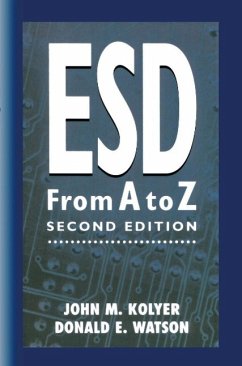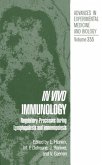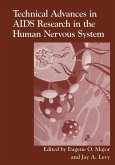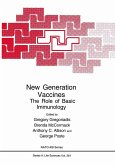General Introduction: Dendritic cells: Antigen presentation, accessory function and clinical relevance.- Endocytic activity of dendritic cells is similar to other antigen presenting cells.- Immunocytochemical characterization of dendritic cells.- Requirements of exogenous protein antigens for presentation to CD4+ T lymphocytes by MHC Class II-positive APC.- Modulation of MHC Class II determinants on rat Langerhans cells during short term culture.- A dendritic cell specific determinant present in endosomes is involved in the presentation of protein antigens.- Dendritic cells are potent antigen-presenting cells for microbial superantigen.- Divergent T-cell cytokine profiles induced by dendritic cells from different tissues.- Adhesion molecules: Co-stimulators and Co-mitogens in dendritic cell - T cell interaction.- Dendritic cell dependent expression of IgA by clones in T/B microcultures.- Adhesion molecules in tonsil DC-T cell interactions.- Dendritic cells have reduced cell surface membrane glycoproteins including CD43 determinants.- The effect of human dendritic cells on the lectin-induced responsiveness of CD4+ T cells to IL-2 and IL-4.- Analysis of cytokine and cytokine receptor production by human dendritic cells.- Costimulating factors and signals relevant for antigen presenting cell function.- Distinct T cell stimulation mechanism and phenotype of human blood dendritic cells.- The role of dendritic cells in the regulation of T cell cytokine synthesis.- The role of dendritic cells as co-stimulators in tolerance induction.- The influence of dendritic cells on T-cell cytokine production.- Phenotypical and functional characterization of dendritic cells in the human peritoneal cavity.- Dendritic cells isolated from rat and human non-lymphoid tissue are very potent accessory cells.- Antigen presenting capacity of peritoneal macrophages and dendritic cells.- T-cell repertoire development in MHC class II deficient humans.- Rat thymic dendritic cells.- Rat thymic dendriticCells: flow cytometry analysis.- Ultrastructure of interdigitating cells in the rat thymus during Cyclosporin A treatment.- T cell tolerance and antigen presenting cell function in the thymus.- Tolerizing mice to human leukocytes: A step toward the production of monoclonal antibodies specific for human dendritic cells.- Morphological and functional differences between HLA-Dr+ peripheral blood dendritic cells and HLA Dr+ IFN-alpha producing cells.- Three monoclonal antibodies to antigen presenting cells in the rat with differential influence on cellular interactions.- The MHC expression of dendritic cells from mouse spleen isolated by centrifugal elutriation is unregulated during short term culture.- II-6 and its high affinity receptor during differentiation of monocytes into Langerhans cells.- Phagocytosis of antigens by Langerhans cells.- Dissection of human Langerhans cell allostimulatory function. Modulation by interferon-?.- Human in vitro T cell sensitization using hapten-modified epidermal Langerhans cells.- Monocyte-derived Langerhans cells from different species - morphological and functional characterization.- A serial section study of mice Langerhans cell granules after DNFB painting.- Skin dendritic cell-lymphocyte interactions in autologous system.- Induction of the low affinity receptor for IgE (Fc?RII/CD23) on human blood dendritic cells by interleukin-4.- Fc? RI mediates IGE-binding to human epidermal Langerhans cells.- Murine epidermal Langerhans cells as a model to study tissue dendritic cells.- Differentiation of dendritic cells in cultures of rat and mouse bone marrow cells.- TNF and GM-CSF dependent growth of an early progenitor of dendritic Langerhans cells in human bone marrow.- Human bone marrow contains potent stimulatory cells for the allogeneic MLR with the phenotype of dendritic cells.- Recombinant GM-CSF induces in vitro differentiation of dendritic cells from mouse bone marrow.- Signals required for differentiating dendritic cells...
Bitte wählen Sie Ihr Anliegen aus.
Rechnungen
Retourenschein anfordern
Bestellstatus
Storno








